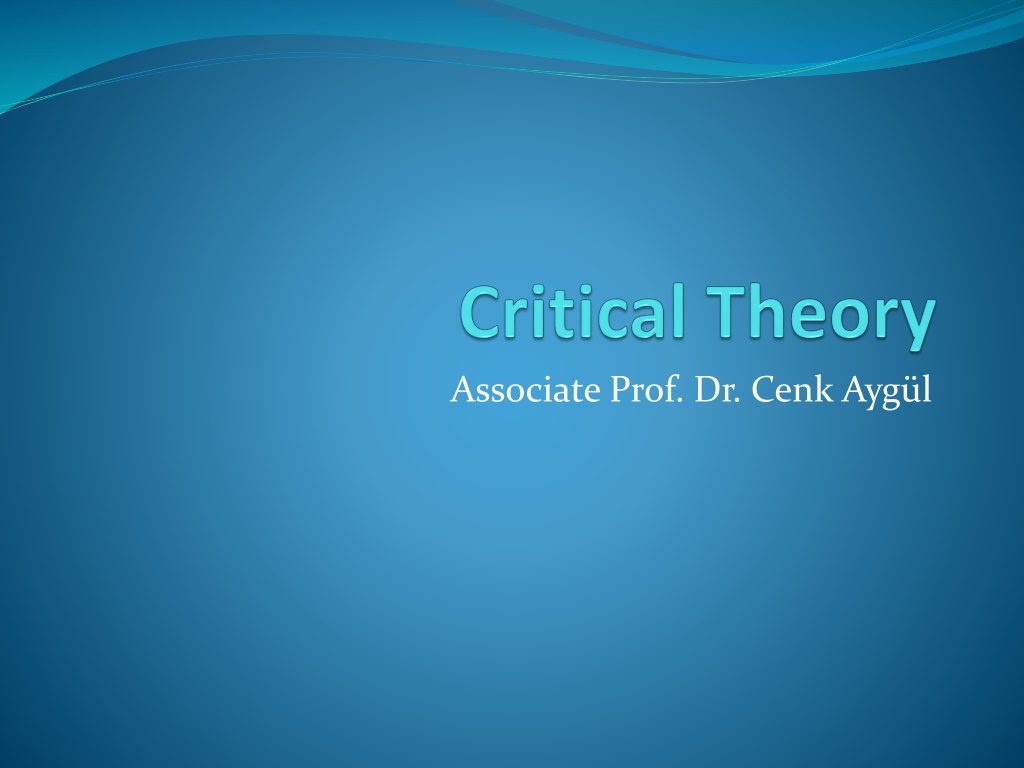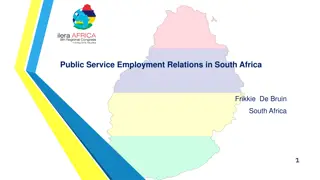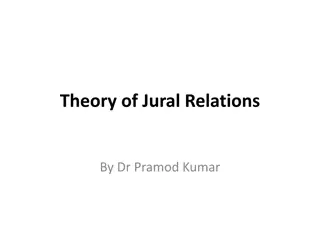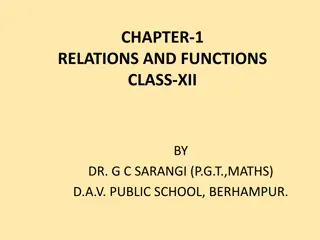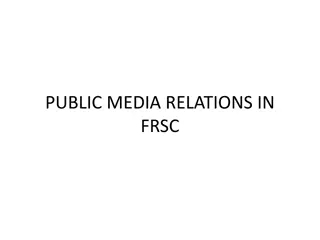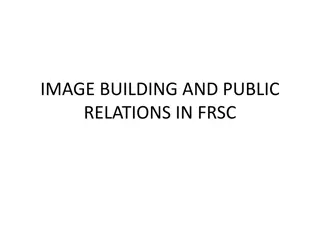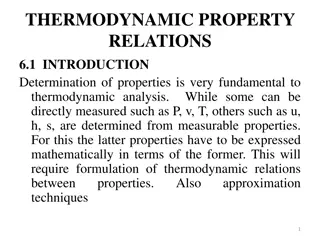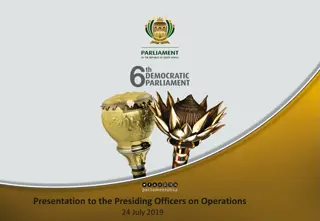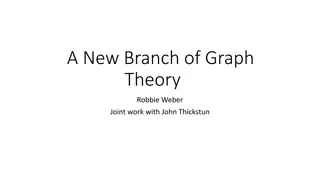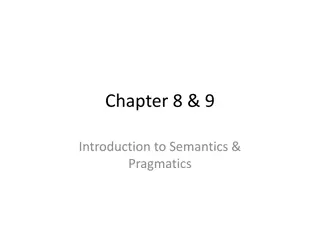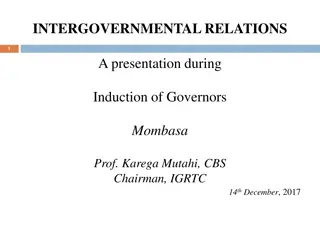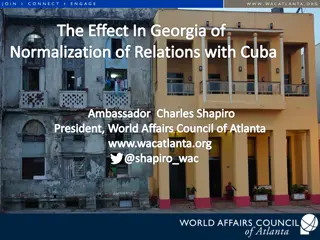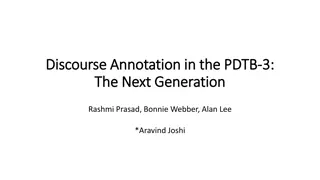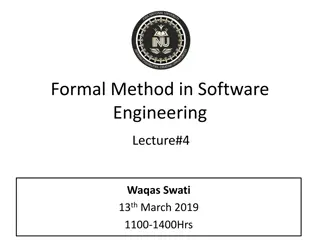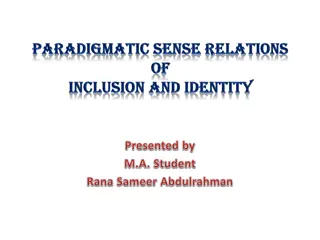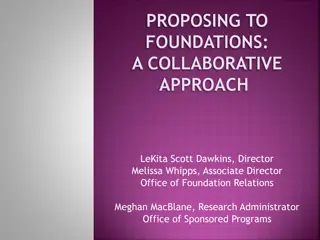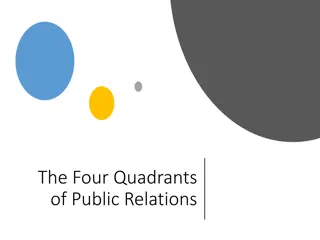Understanding Critical Theory in International Relations: A Deep Dive
Critical theory in IR since the mid-1980s challenges traditional views by emphasizing culture, ideology, and societal structures over objective truths. This approach questions the relationship between theory and practice, highlighting issues of inequality beyond just class, including race, ethnicity, and gender. Key figures like Marx, Adorno, Gramsci, and Habermas contributed to shaping this critical perspective, which views knowledge as ideological and emphasizes the role of culture and ideology in supporting or challenging the existing social order.
Download Presentation

Please find below an Image/Link to download the presentation.
The content on the website is provided AS IS for your information and personal use only. It may not be sold, licensed, or shared on other websites without obtaining consent from the author. Download presentation by click this link. If you encounter any issues during the download, it is possible that the publisher has removed the file from their server.
E N D
Presentation Transcript
Since mid-1980s critical theory has become influential in IR. We need to think deeply about our practices and the relationship between our theories and the way we act. Philosophies and the theories about the world are not based on eternal truths but are reflections of the historical and social conditions prevailing at the time. Young Marx was interested in how an unjust system as capitalist was could create an ideology emhasizing individual freedom. He also analyzed alienation, which him arose from the way capitalist production took place.
Marx derived the conclusion that liberalism did not describe a truth but reflected the views of the dominant class. Differences between structuralism and critical theory: Critical theorists, similar to the structuralists , are concerned with inequality. Yet, while the structuralistsemphasize structures, critical theorists emphasize culture and ideology. Structuralists think that the society can be understood scientifically. For critical theorists, all theories are ideological, including theirs! Our theories about the world and the practices they support are intimately connected. So, theory and practice should be understood in unity. Critical theorists to not take the relationship between economy and the social system in a deterministic manner. For critical theorists, class is not the only form of oppression. Race, ethnicity, gender also matter!
Origins Frankfurt School: Adornoand the rise of fascism in developed Western societies. Antonio Gramsci: the failure of socialist revolution in Europe as opposed to Russia. J rgen Habermas: communicative action
Main features The world should be understood primarily in terms of major economic and social forces generated by capitalism. States and institutions should be understood primarily in terms of the functions they fulfill in supporting global capitalism. Our understanding of the world is always mediated through ideas, concepts and theories. All knowledge is ideological. Culture and ideology are important to support or challenge the existing economic and social order. IR is a struggle between a variety of social groups and movements some of whom have an interest in supporting the status quo and others struggle to change it.
Assumptions Human nature is not fixed but shaped by the social conditions thatexist. Individual peoplecan be grouped into identificable collectivities. There are no facts about theworld. Ourownvalues influenceour interpretationsand explanations about the world. Knowledge is intimatelyconnected toa human interest in emancipation. Despitedifferences race, ethnicity, gender, class- all human beings sharean interest in emancipation.
Themes: State and power What is the state? Why did the state become the dominant form of political organization globally? What kind of global order might there be in the future? What tendencies can we see in the existing order that point the way to future changes? In trying to answer these questions critical theorists emphasize the ideologies, hegemony and the relative autonomy concepts.
Themes: Institutions and World Order After the Second World War the states have been internationalized. In the 1980s, each and every policy was presented with the argument TINA (there is not alternative). For Stephen Gill, a counter-hegemony must be worked on the global scale with alternative set of values, concepts and concerns.
Themes: Identity and Community For Linklater, the nation-states are, by their nature, exclusionary. They exclude the foreigners that live out of their borders. (But increasingly the ones who live within the borders as well!)
